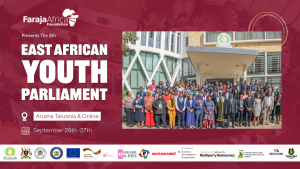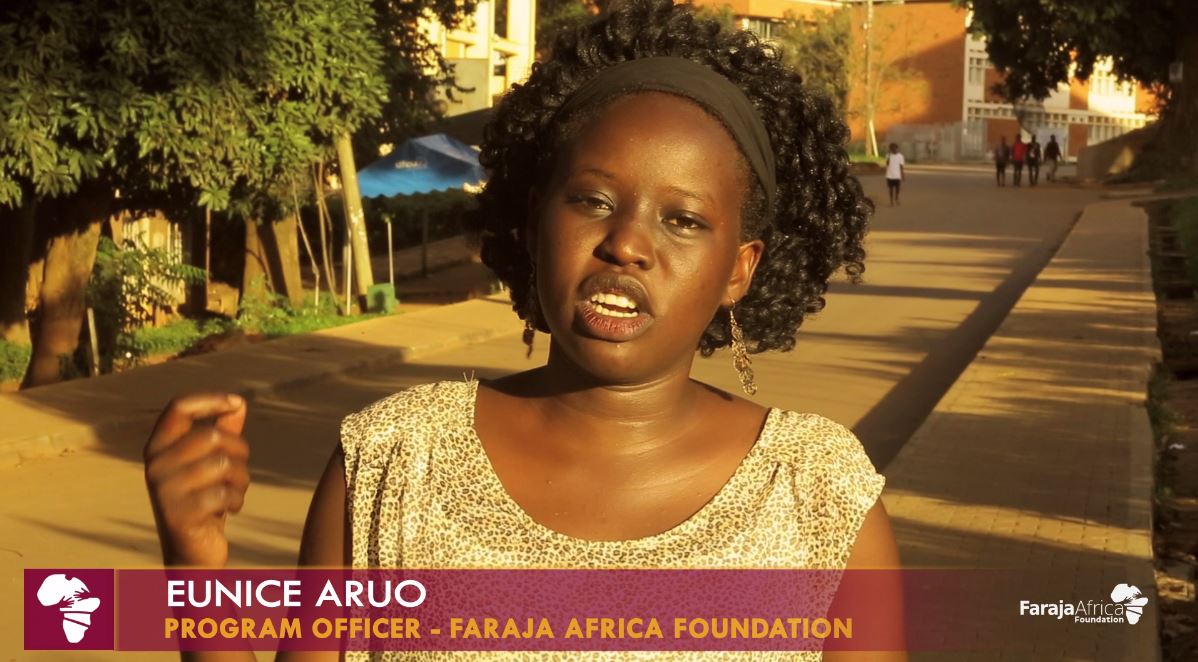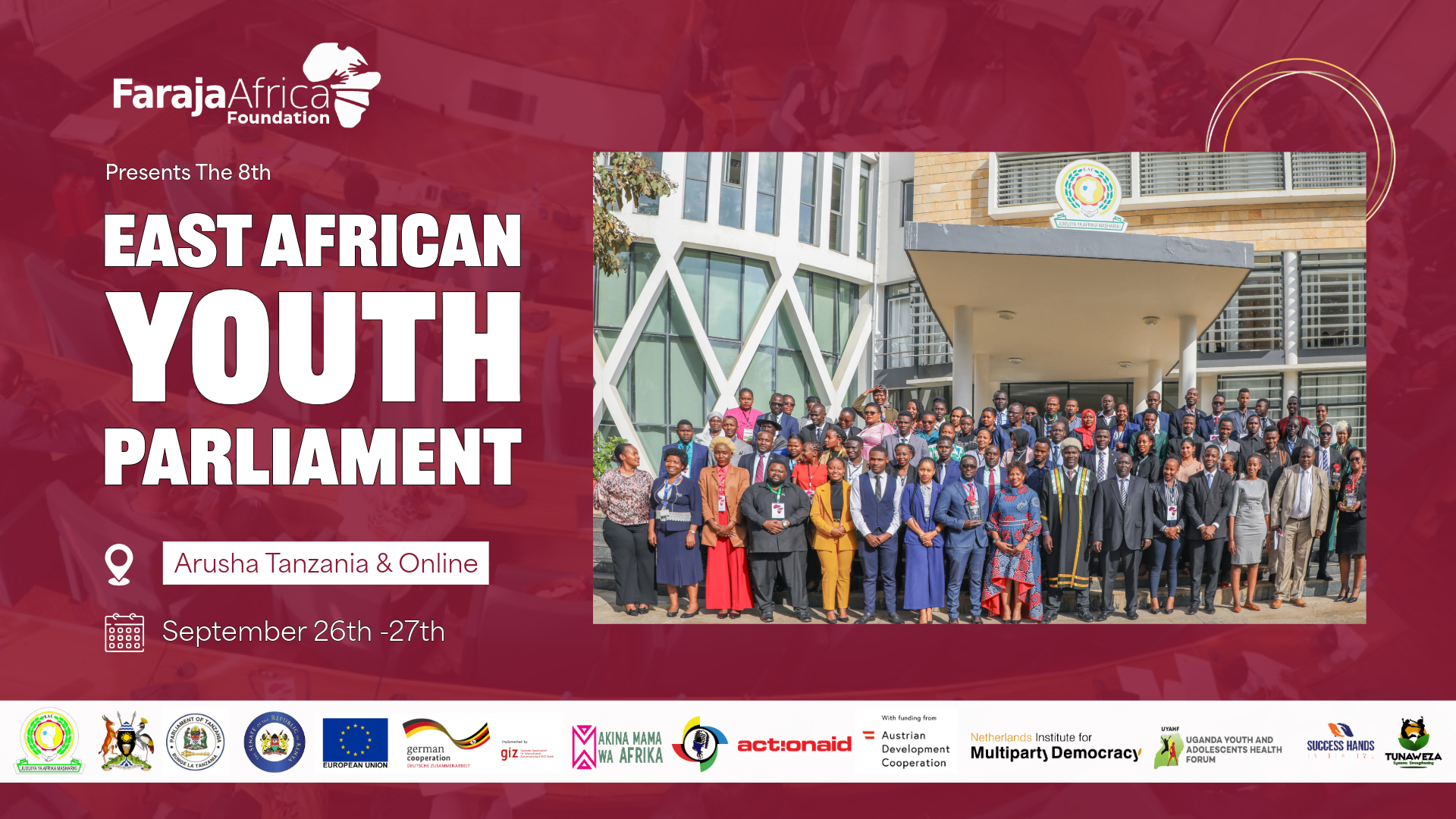Uganda has a high burden of youth unemployment at a record of 64%—the greatest of all times. A 2016 acheter du cialis en ligne Youth Survey conducted by the Aga Khan University revealed that about 48% of youth aspire to own businesses. Youth’s desire to engage in entrepreneurship provides a clear path towards achieving United Nations Sustainable Development Goals and Uganda’s National Development Plan of ending poverty and improving the quality of life for Ugandans. The World Bank's "voices of the poor" reported that over 60,000 poor people rose above poverty through personal businesses or gainful employment. In Uganda, small businesses are prone to early deaths due to limited access to financial capital, poor working capital management, poor financial literacy, unstable markets and unfavourable taxation borrowing and lending policies. We argue that youths' financial inclusion is a powerful economic tool. With inclusion, youth access to finances easily translates into asset holding, and asset accumulation, which is linked to stronger economic growth. Financial inclusion is a powerful tool towards supporting young entrepreneurs, families, and societies. Closing the credit gap for small businesses is a good first step towards increasing economic growth and per capita incomes. For us to realise a difference in the current situation, Faraja Africa Foundation believes that young people need to engage in policy development processes so as to engineer laws that create an enabling environment for employment and wealth creation. This, however, can only be realised through a collective effort from the students and youth leadership, communities, civil societies and governmental institutions themselves. Let’s get engaged in the creation of our own future.
Watch the video above and share the post with your friends to spread the word. Follow our social media platforms form the icons on our website above.
-FAF Staff





